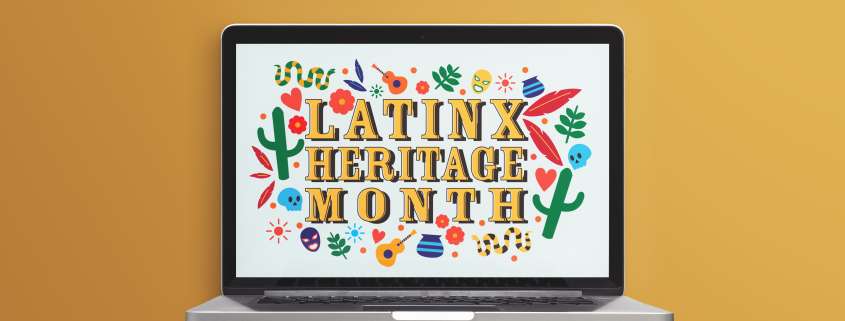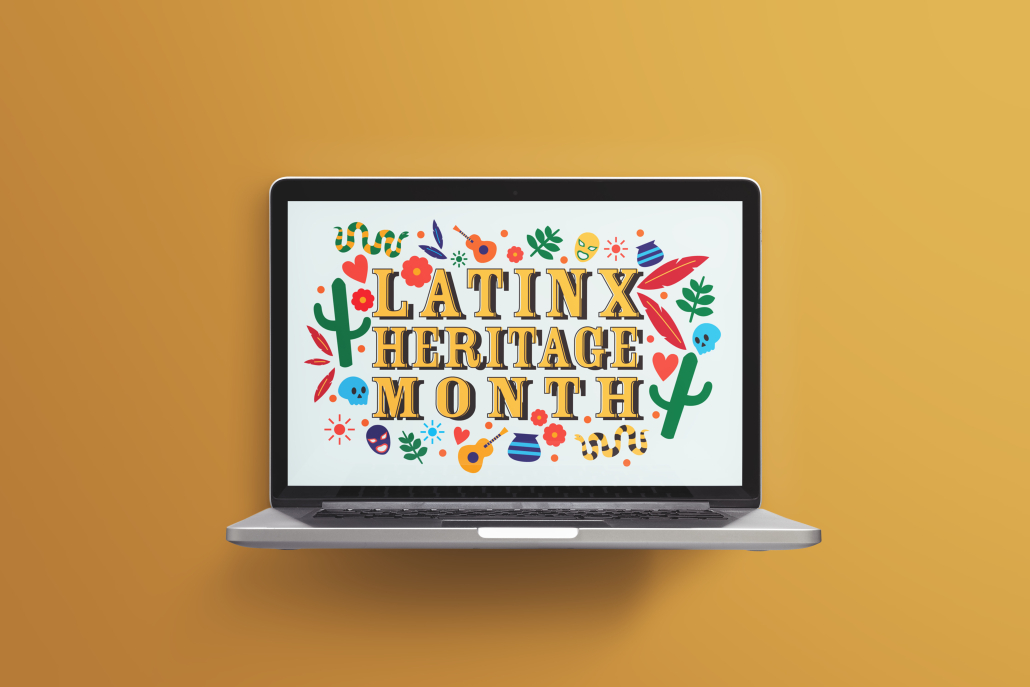Why was the Latinx Heritage Month kickoff online?
At the beginning of the semester, the week-long involvement fair and the Sept. 17 carnival attracted hundreds of new and returning students. The University also reintroduced in-person, on-campus tailgating, as seen at the Sept. 11 Stanford game. Not to mention the fact that the University held an in-person Convocation for first- and second-year students.
This came after an Aug. 26 student media briefing, where Chief Health Officer Dr. Sarah Van Orman announced a full-campus shutdown is unlikely and that the University will address coronavirus case surges using a localized response.
Although some events and club meetings opted to stay online, others warrant in-person space for celebration, such as events for Latinx Heritage Month.
Latinx Heritage Month spans from Sept. 15 to Oct. 15, bringing hopes of on-campus events, especially for those celebrating in person at USC for the first time. Organizations such as the Latinx Student Assembly have already begun to celebrate the month with events such as the Latinx Cookout on Sept. 18, where students ate tacos and celebrated the community in Founder’s Park.
With organizations hosting in-person LHM events, we must call into question why the University hosted its LHM kickoff online.
On Sept. 16, President Carol Folt, along with other guests, hosted a virtual kickoff for LHM, which included speakers such as alumna Paloma Chávez and performances from Grupo Folklórico de USC. Students interacted via Zoom as a part of the kickoff, but an in-person kickoff may have been even more successful, especially for LHM.
In-person events have a unique ability to build a community, which was often lost during online classes and the isolation of coronavirus. This is especially true for marginalized communities, who often experience imposter syndrome or isolation in predominantly white institutions such as USC, where Latinx community members make up 15% of the population.
Physically seeing other people who look like you while celebrating a month of heritage cannot be matched in a virtual sphere. The kickoff event would have been a perfect opportunity to reunite returning students and invite new students to celebrate since most first- and second-years have not been on campus for LHM prior to this year.
Yes, the virtual event may have been successful and an opportunity to invite speakers who would not have been able to attend in-person.
However, with so many other organizations and events happening in-person, such as the Sept. 18 LSA Cookout and the BSA Labor Day Barbecue, an online kickoff loses its appeal and calls into question why such an important event for so many community members was held virtually rather than in-person. Moreover, it comes off as the University prioritizing other organizations for in-person opportunities, such as tailgating, instead of offering Latinx people a communal space through an in-person kickoff event.
Although the University suggests that they held the event virtually to keep the safety of students in mind, this seems like a weak justification to not fund an in-person event for Latinx folks and instead allocate those funds elsewhere. The University could have offered a hybrid option so that Latinx students could safely congregate while speakers remotely spoke. They could have even followed in the footsteps of BSA and LSA and held an outside event with distanced tables and food.
With this especially in mind, there should be more opportunities for Latinx students to band together in person for the rest of the month. USC must support the Latinx community as we come back after a grueling year online.


